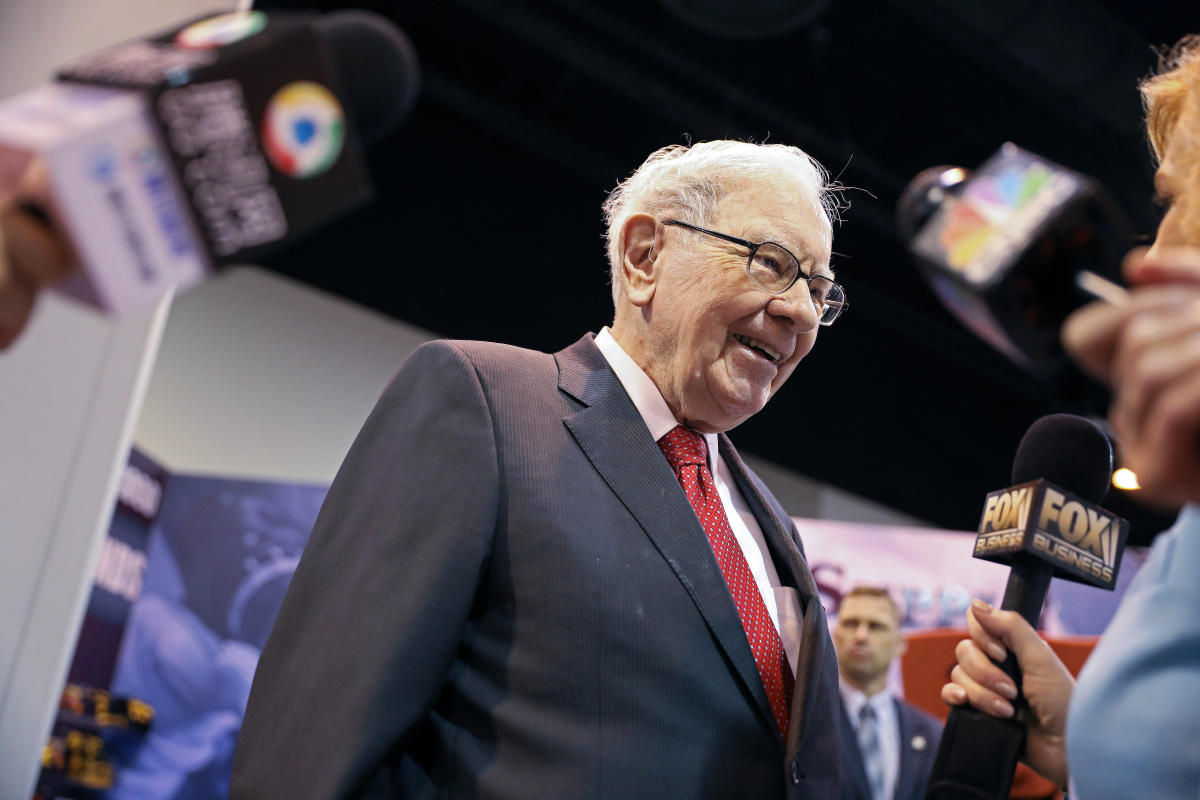(Bloomberg) — Foreign investors are losing interest in China, and hedge funds targeting the world’s second-largest economy are paying the price.
Most Read from Bloomberg
The data showed that the number of active hedge funds focused on China fell for the first time since at least 2012, with only five new funds launched this year. As of June, according to data from Preqin Ltd., another 18 funds have liquidated.
The downturn marks a major shift in Chinese offshore hedge funds, which accounted for nearly half of new funds in Asia as recently as 2021 as investors sought to ride the tide of the economy and once-bullish capital markets. Beijing’s crackdown on private firms in industries including after-school teaching and e-commerce, along with rising geopolitical tensions with the United States, has produced poor returns since then and sapped global investors’ appetite for Chinese assets.
Otto Chan, Head of Portfolio Management at Persistent Asset Partners Ltd. “We definitely see less demand for Chinese managers from both Asia and foreign investors,” said the 21-year-old hedge fund founder.
Dantai Capital Ltd. closed down. The leading hedge fund in Greater China this year after completing its investment strategy no longer works in the current market environment. Yulan Capital Management backed by Tiger Management LLC also liquidated an Asia hedge fund focused on Greater China in late 2022, according to a news release.
China-focused hedge funds — stock pickers in particular — are facing unprecedented losses for the second year in a row, according to data from Eurekahedge Pte. More than two-thirds of China-focused hedge funds lost money in 2022, while 36% fell by a fifth or more. Preqin data showed that in the first half of this year, 62% of Chinese funds failed to make money.
China’s economic recovery is losing momentum despite Beijing’s recent policy support, while geopolitical tensions with the United States show few signs of giving up.
Directors appear with a brave face in public, touting the country’s long-term growth potential and cheap valuation. One said they privately bemoan the end of offshore Chinese hedge funds, those funds that raise money from international investors to trade securities related to the country.
China’s Legends fund fell 16% in the first seven months of 2023, after more than 20% losses in each of the past two years, according to one newsletter and a person familiar with the matter, who asked not to be identified discussing private information. . The Blue Creek China fund is down 17% in the first half, struggling to end a losing streak that began in 2021, according to its June newsletter.
A representative for Legends declined to comment. Blue Creek did not respond to emails seeking comment.
Some common characteristics of Chinese offshore funds have made them particularly vulnerable to the latest regulatory and geopolitical adverse factors.
About 88% of the 417 China-focused hedge funds in the Bloomberg database specialize in stocks for the long term, or take both up and down bets on stocks. Of these, the fifty are biased for a long time. The strategy tends to produce better results when the market is on the upswing. Many have focused on investing in technology stocks and e-commerce.
Long-term funds of major Chinese stocks fell about 1% during July, with 11% reporting their numbers, according to Eurekahedge.
The MSCI China index is down 43% since the end of 2020, compared to a 19% increase for the US S&P 500 over the same period.
William Ma, global chief investment officer at GROW Investment Group, a Shanghai-based asset management firm backed by Julius Baer Group Ltd., said:
Some investors who have been hurt by their two years of exposure to China are waiting for the market to recover to reduce their holdings. With North American pensions shrinking current provisions or putting future plans on hold, other investors are wary of getting in the way of these outflows, said another longtime investor in hedge funds in Asia, who asked not to be identified because of the politics. The sensitivity of such comments.
Change tactics
Faced with this existential crisis, China’s managers are trying to adapt.
Chairman Ken Chung said that in the past three years, APS Asset Management Pte, which oversees $2.1 billion in short and long China strategies alone, has seen lukewarm interest from North American backers, particularly among public pensions.
The Singapore-based company has in recent months redirected its capital raising efforts into the Middle East and South Africa region. In the first half, it registered its first investors from these two regions.
“We grew up in a world where there is a world order led by the United States,” Chung said. “Going forward, it will be a solar system with two suns. One led by the United States and one led by China. And there will be planets orbiting either of them.”
Some managers previously targeting international investors are targeting a local audience, funneling funds that will trade regionally or even stocks globally, said Ma of GROW, who declined to identify the companies.
As supply chains diversify away from China, others are touting their advantage in the so-called “China + 1” strategy. That includes taking advantage of the trend of Chinese companies to build production facilities in places like Cambodia and India, or expanding sales outside the Chinese and US markets, Ma said.
Chris Wang, Chief Investment Officer of Yunqi Capital Ltd. In Hong Kong, some of the previous investment methods such as momentum trading have to change.
The extremely high risk premium that investors place on the Chinese market may put the company’s fundamentals, corporate governance and shareholder returns in the spotlight. Wang said the biggest profit contributor to his China fund last year was TAL Education Group, which was standing at cash levels that were more than twice its market value when it built up its stake. His biggest upside bet right now is Qifu Technology Inc. , which was returning half of its profits to investors through dividends and share buybacks.
Companies have a lot of liquidity. He said investment opportunities and returns are not as attractive as they used to be. “So it makes sense to increase investor payments. It’s clearly going to be a major trend in the next five to 10 years.”
– With assistance from David Ramli.
Most Read by Bloomberg Businessweek
© 2023 Bloomberg LP



